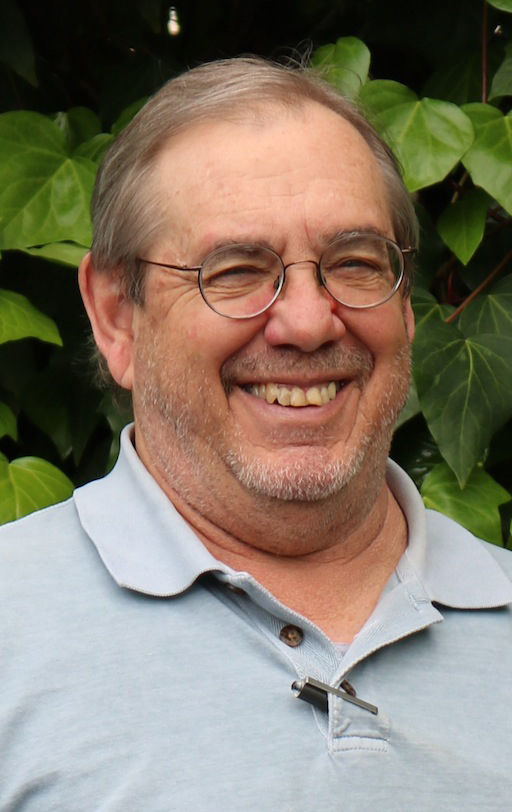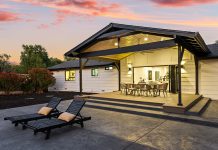To many of us, especially to those now marching in our streets in protest over police brutality, this feels like a moment of inflection, when our community and entire nation makes a decisive change of direction and policy. These are very rare and hard-won moments. They often disappoint us. They may start with an awakening and physical rage in our streets. But real social change comes from yearslong campaigns, petitioning, voting, reading, teach-ins, boycotting, nonviolent civil disobedience — and, ultimately, changed laws.
This moment is about our social contract with how we protect ourselves, enforce our laws and guarantee equal treatment and prevention from state excesses of force. Our current police system is designed to fight crime and is based on power. We are now hearing demands for a new police system that serves our needs for security, justice and well-being – one based on trust and cooperation, not blunt force. That calls for a very sharp inflection. We must do it.
These kinds of police reforms have been called for in every decade since at least the L.A. Watts riots and the fire hosing of southern black Civil Rights marchers in the 1960s, the violent aftermath of 1968’s Martin Luther King’s assassination, the 1992 police beatings of Rodney King and our own tragic killing of Andy Lopez in 2013. And now it is the choking death of George Floyd, the latest innocent victim’s name among too many others.
This time looks different in significant ways. Our local anti-police brutality marches have now lasted more than a week and have evolved from physical confrontations to multi-racial and multi-generational civic action rallies, with singing, chalk paintings and listings of grievances in formal petitions. All this while we try to remain vigilant against the novel coronavirus in our midst.
In Cloverdale, Healdsburg, Windsor and Sebastopol and other nearby cities, more than half of the municipal budgets are spent on police and law enforcement. The county’s sheriff department budget is nearly $300 million. If all this tax money only went to “fight crime” it would be our worst bargain ever. But fighting crime is almost the least of what we call on our police to do.
When our deputies and police answer our 911 calls they are usually responding to a “welfare check” on an individual, a domestic disturbance, a drug overdose, a vehicle or property accident, a trespassing or other civil complaint. These are not “police” calls; they should be called “service” calls.
Along with fire safety and ambulance personnel, our police are our first responders. We think of first responders as heroes who fight fires, natural disasters or violent criminals. But there are other first responders who are drug counselors, mental health providers, homeless outreach teams, food bank volunteers and field social workers. Many times the role of these helpers and service providers are actually filled by men and women in police uniforms with badges and guns.
Sometimes all this is called “community policing.” It includes community outreach, uniformed officer visits to schools, neighborhood hot dog parties, “coffee with a cop,” kneeling with street demonstrators and sharing social media identities. But all this is a charade when it allows for breeches of conduct and policy that lead to incidents of police violence. We must change from a power-based system to a trust-based system. Get rid of rubber bullets, military armaments and tear gas.
In Sonoma County, there have been 75 civilian killings and deaths involving law enforcement officers since 2000, when historical U.S. Civil Rights Commission hearings were held here.
In the last few months we have seen the choking to death of David Ward by sheriff’s deputy Charles Blount. A civil judgment was awarded to the family of Forestville’s Brandon Wroth who died in the custody of Rohnert Park Police. Both men were unarmed. Last week, misguided charges against Graton’s Jason Angelo-Wyrick were dropped in a case where deputies attacked him with a K-9 dog although he also was unarmed.
What’s going on here? It’s past time to find out and do something about it.









